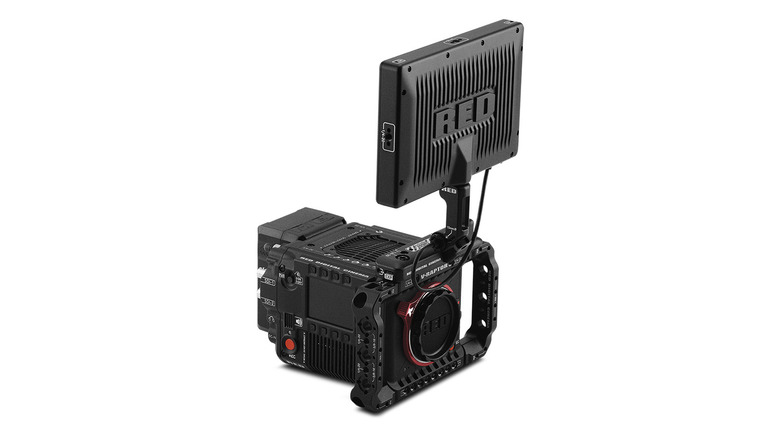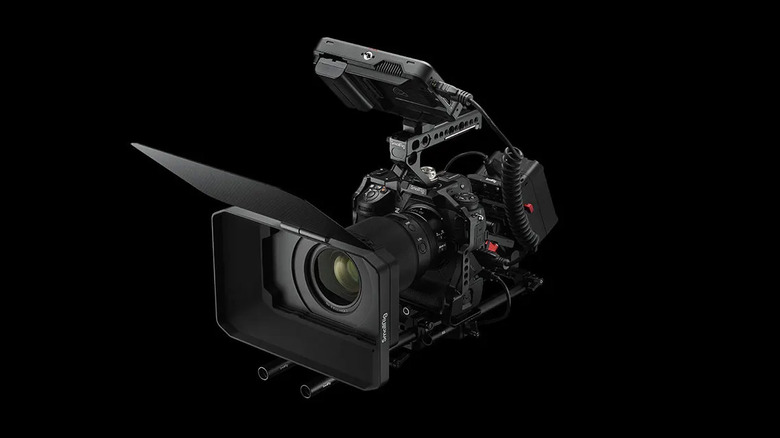Nikon Makes A Major US Acquisition
RED, one of cinematographers' most favorite digital camera brands, is now set to be acquired by Nikon. In a press announcement earlier today, the centenary Japanese camera company said RED would now be a "wholly-owned subsidiary of Nikon."
RED is behind some of the most highly sought-after medium-format digital film cameras. An inexhaustible list of movies and TV shows shot on RED cameras includes "Narcos," "You," "The Witcher," "Our Planet II," and "Guardians of the Galaxy Volume 3." The company also ventured into the smartphone market with the RED Hydrogen One, with an experimental holographic display and cameras to shoot photos and spatial depth. However, it failed to generate the same enthusiasm for the phone as its cameras.
The announcement doesn't specify whether the RED branding will continue the acquisition or be merged with Nikon's own lineup. However, it notes that Nikon plans to leverage this deal to expand its footprint in "the fast-growing professional digital cinema camera market," aiming "to push the boundaries of what is possible in film and video production." Even with the details missing, Nikon can be expected to harness RED's landmark video RAW compression, which has also caused multiple legal disputes — including one with the proposed owner, Nikon.
A lawsuit that turned into acquisition
At the heart of this proprietary video compression technique lies a codec called REDCODE (with a file format shortened as R3D), which allows for lossless RAW video recording at up to 8K resolution. This proprietary technology allows videos shot on RED cameras to be much smaller in size without dramatically reducing the quality, allowing filmmakers and professional videographers to shoot for much longer without stopping.
For years, RED has claimed the patent for compressing RAW videos with a resolution of 4K and higher. This became the basis for a lawsuit that RED filed against Nikon in May 2022, in which it claimed the latter was infringing upon seven patents detailing how a camera compresses video efficiently and losslessly. The claim mainly applied to how Nikon's premier camera, the Z9 — which has also been to the International Space Station and is now headed for the moon as part of NASA's upcoming "Artemis II" lunar mission — processes RAW videos shot in 4K and 8K resolutions. However, the lawsuit was resolved mutually less than a year later.
Notably, Apple had previously sued RED for claiming patent ownership over 4K RAW compression, claiming the technology was not novel and, therefore, unpatentable. Unlike Nikon, Apple did not succeed and was ordered to pay royalties to the camera company for its similar ProRes video format.
Nikon and RED declined to share financial details of the deal but said the former will retain the company's 200+ employees.

